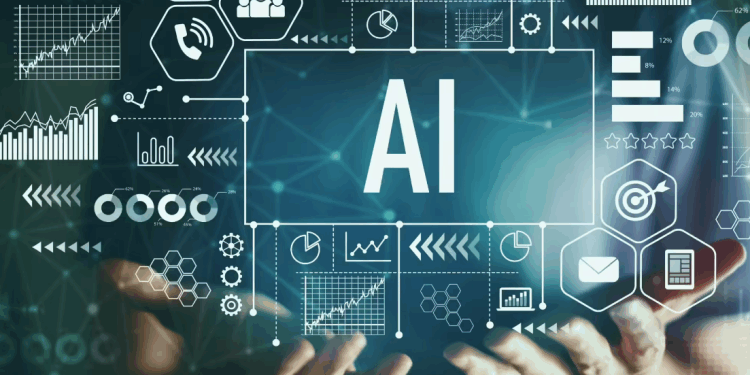The IMF International Monetary Fund (IMF) has just published a report on the planned impact of artificial intelligence on economies.
“In the world, 40% of jobs will be affected (by generative artificial intelligence (IA), editor’s note). And the more qualified you have, the more it will be.
Thus for advanced economies, and some emerging countries, 60% of jobs will be affected, “said the director general of the International Monetary Fund (IMF), Kristalina Georgieva.
In Tunisia, as in the rest of the world, artificial intelligence (AI) can transform the labor market, and already does it in certain areas. Trades that were previously considered safe are now threatened by automation.
Indeed, these numerous sectors are concerned like those of new technologies, media, training, marketing, legal, finance or customer services.
Among, the professions which will be most threatened by this technology, we cite administration, accounting, such as secretaries, accountants, office agents, etc.
Customer service professions are also the most concerned. This mainly relates to telecourse, reception agents, sellers, after-sales services etc.
Security professions, such as guards, vigils, can also be affected by these threats insofar as now the surveillance systems is largely based on AI.
Likewise, the most threatened would even be the developers of IT programs who will not be able to go faster and do better than the AI they have sometimes developed.
It is also noted that AI could also have an impact on certain trades which are currently considered more qualified, such as the professions of law, health or education. Indeed, AI is developing capacities which could ultimately replace certain tasks currently carried out by human professionals in these areas.
For some researchers, it is important to note that AI will not replace human employment. It remains to be seen whether it will create new jobs that will require skills different from those currently requested?








